
Laura Sanders reports on neuroscience for Science News. She wrote Growth Curve, a blog about the science of raising kids, from 2013 to 2019 and continues to write about child development and parenting from time to time. She earned her Ph.D. in molecular biology from the University of Southern California in Los Angeles, where she studied the nerve cells that compel a fruit fly to perform a dazzling mating dance. Convinced that she was missing some exciting science somewhere, Laura turned her eye toward writing about brains in all shapes and forms. She holds undergraduate degrees in creative writing and biology from Vanderbilt University in Nashville, where she was a National Merit Scholar. Growth Curve, her 2012 series on consciousness and her 2013 article on the dearth of psychiatric drugs have received awards recognizing editorial excellence.

Trustworthy journalism comes at a price.
Scientists and journalists share a core belief in questioning, observing and verifying to reach the truth. Science News reports on crucial research and discovery across science disciplines. We need your financial support to make it happen – every contribution makes a difference.
All Stories by Laura Sanders
-
 Health & Medicine
Health & MedicineFootball games come with more head hits than practices do
As football intensifies from practice to games, the number of impacts increases, a new study finds.
-
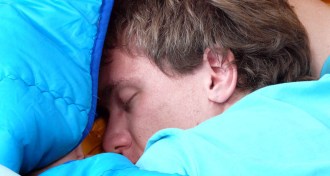 Neuroscience
NeuroscienceHints of how the brain “sees” dreams emerge
Nerve cells that make sense of visual input keep chugging away during REM sleep, suggesting that these cells may help a sleeper “see” dreams.
-
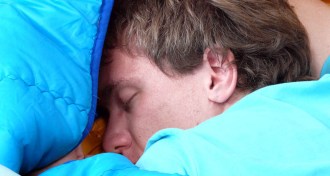 Neuroscience
NeuroscienceHints of how the brain “sees” dreams emerge
Nerve cells that make sense of visual input keep chugging away during REM sleep, suggesting that these cells may help a sleeper “see” dreams.
-
 Health & Medicine
Health & MedicineFish oil may counter schizophrenia
Three months of omega-3 fatty acids protects against psychosis for years, a small study suggests.
-
 Neuroscience
NeuroscienceBrain scans hint at reasons for stress-eating
Moderate stress changes brain behavior in ways that may lead to poor food choices.
-
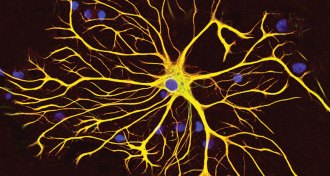 Neuroscience
NeuroscienceAstrocytes help speed up brain’s messages
Astrocytes may help speed nerve cells’ electrical messages.
-
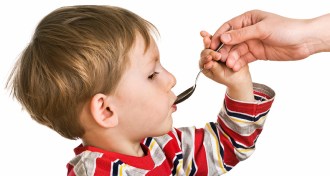 Health & Medicine
Health & MedicineAntibiotics early in life may have lingering effects
A study in mice show long-lasting effects from courses of antibiotics early in life.
-
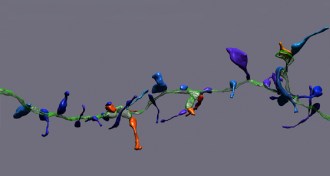 Neuroscience
NeuroscienceNew view of mouse brain provides up-close look at nerve cells’ habitat
Detailed reconstruction of a tiny fleck of mouse brain reveals neural complexity.
-
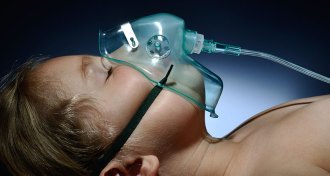 Neuroscience
NeuroscienceAge affects brain’s response to anesthesia
Anesthesia has different effects on young and old brains.
-
 Science & Society
Science & SocietyAutism’s journey from shadows to light
Science writer Steve Silberman considers autism in the modern era of neurodiversity - a movement to respect neurological differences as natural human variation - framing the relatively progressive autistic experience of today against the the conditions oppressed past.
-
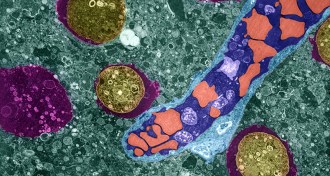 Health & Medicine
Health & MedicineDeath by brain-eating amoeba is an inside job
Immune response to brain-eating amoeba may be the real killer.
-
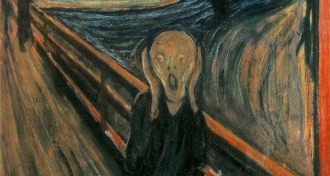 Neuroscience
NeuroscienceHow screams shatter the brain
The acoustical properties of screams make them hard to ignore, a new study suggests.